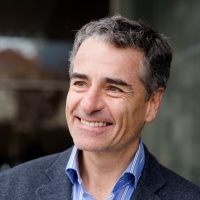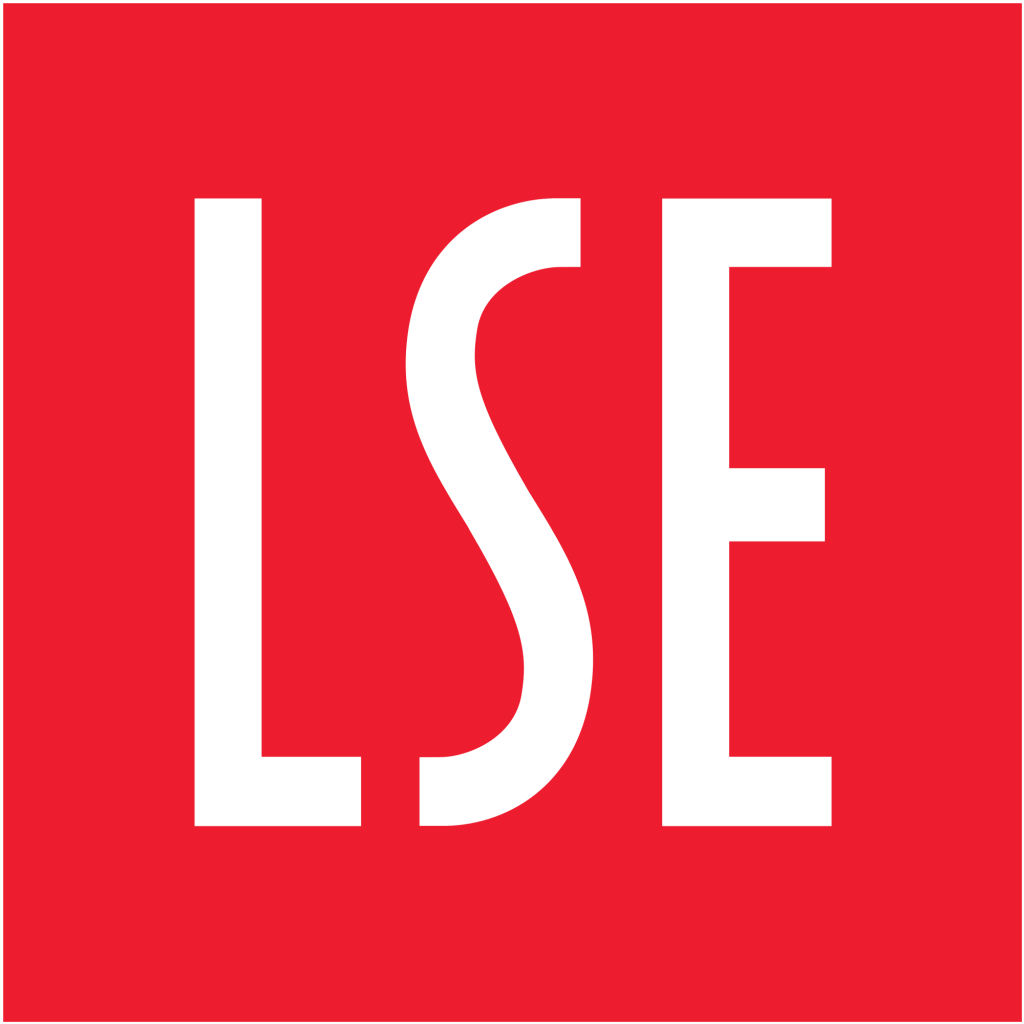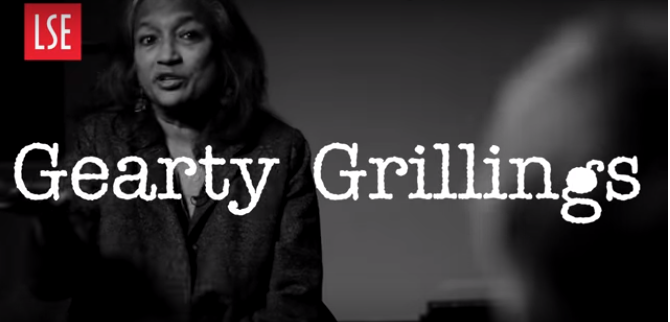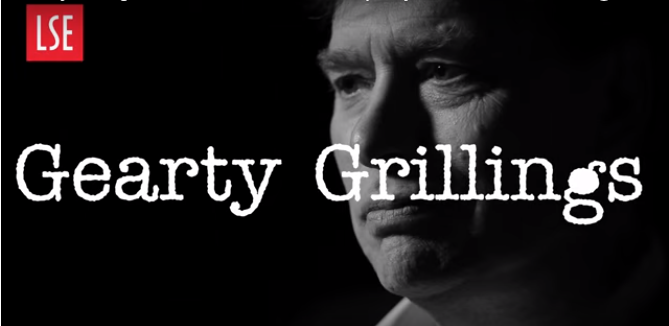 The School of Public Policy blog sat down with Professor Andrés Velasco, the inaugural Dean of LSE’s new School of Public Policy, to discuss public policy skills and building stronger connections between theory and practice.
The School of Public Policy blog sat down with Professor Andrés Velasco, the inaugural Dean of LSE’s new School of Public Policy, to discuss public policy skills and building stronger connections between theory and practice.
What skills do you think are most relevant for public policy and public administration graduates in 2018?
The LSE has a much-deserved reputation as source of rigorous training in economics, statistics and quantitative methods. Those skills remain very important, and what a good thing it is our graduates possess them. They are necessary. But not sufficient. Policy leaders must have a vision and must be able to explain that vision to citizens. A good policymaker understands political interactions in a democracy and knows how to inspire and persuade. I hope the SPP will help our graduates develop those very key skills and talents as well.
How can policy schools such as ours make sure they remain relevant at a time when evidence-based policy is less trusted than ever?
That is a tremendous challenge. There is no question a backlash has occurred against the kind of evidence-based policy making that we teach at the SPP. Our response must be threefold. First, we must defend the values that underlie good policy making: the pluralistic conviction that no one has all the answers, and that good policies emerge after much research, data-gathering and discussion. Second, we must be clear that the technical skills needed to develop effective solutions are as important as ever. After all, if one has a toothache one goes to the dentist. It matters what kind of training and skills that dentist has. But third, and most important, we must realize that in a democracy the answers to social problems and policy dilemmas cannot be purely technocratic. Citizens do not come to believe a policy is desirable simply because someone with an MPA says so. Credibility and legitimacy have to be earned; they do not fall from the sky.
As someone who’s worked at the highest levels of politics, economic policy, and academia, what are your reflections on how theory and practice can better inform each other?
Effective policy making is informed by both. Theories and models provide the conceptual framework to understand a complex world. Data allow us to choose among competing theories and to apply those theories to real -world policy problems. But that is not the end of it. To learn to ride a bicycle it is not enough to read physics papers and engineering manuals; one has to mount the bicycle, turn the pedals and actually ride it. The same is true of policy making. Skills develop with practice. That is why our MPA places great importance on summer job experiences and on the capstone project.
The School attracts students from the around the world to its graduate programs – what are the strengths of having such an international mix?
The School of Public Policy at LSE aims to be the first truly global public policy school in the world. That of course begins with the diversity of its student body –we have students from 40 countries—and of its faculty. But, most importantly, it has to do with our intellectual outlook. We know where we look to find solutions to pressing policy problems. In the last quarter-century, innovations in agricultural pricing occurred in China, conditional cash transfers originated in Brazil and Mexico, export-processing zones emerged all over Asia and Africa, and rules to manage natural resource wealth were first developed in Norway and then emulated in Chile and Colombia, among others. We must have a truly global outlook if we are going to spot the coming round of innovations of the next quarter-century.





